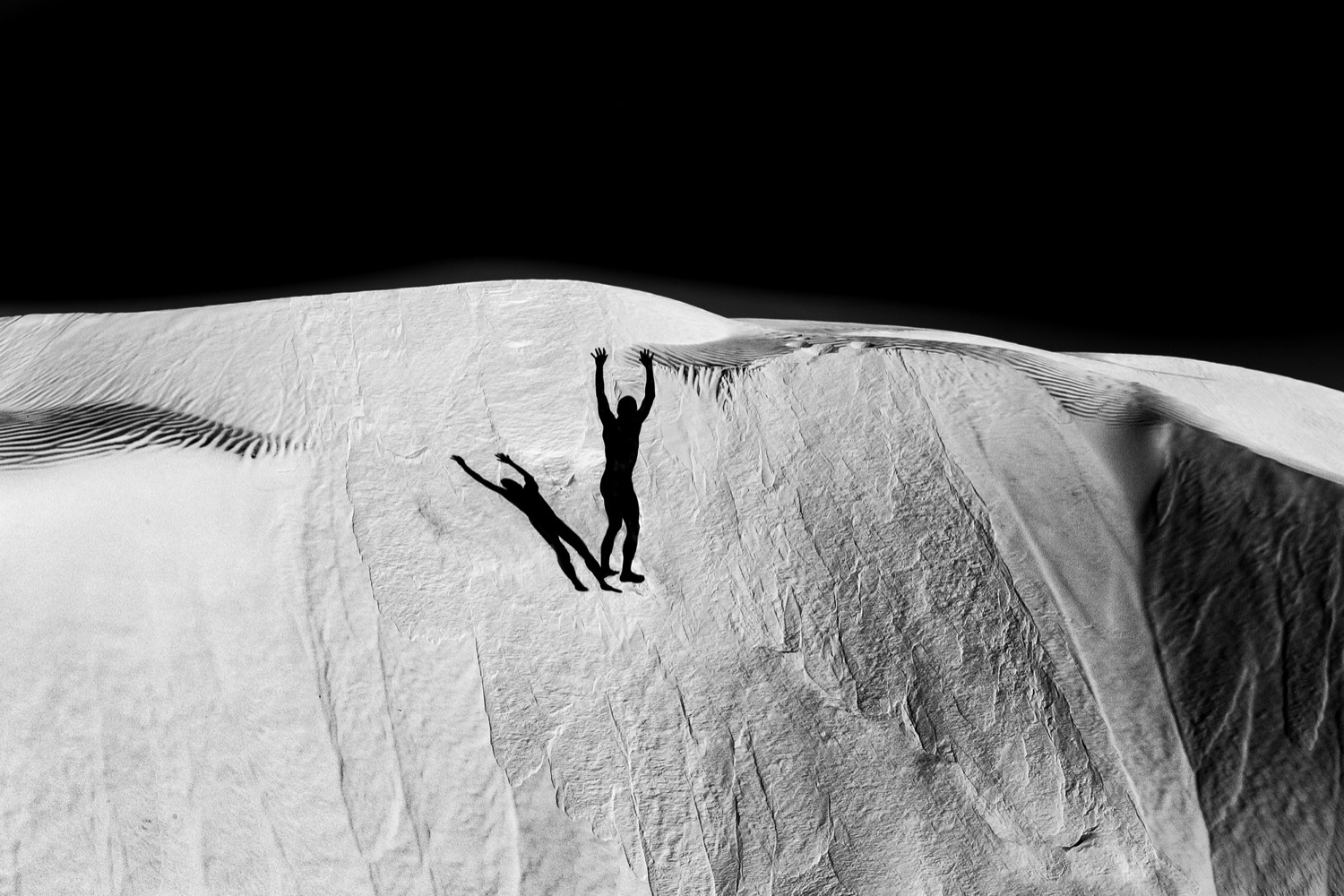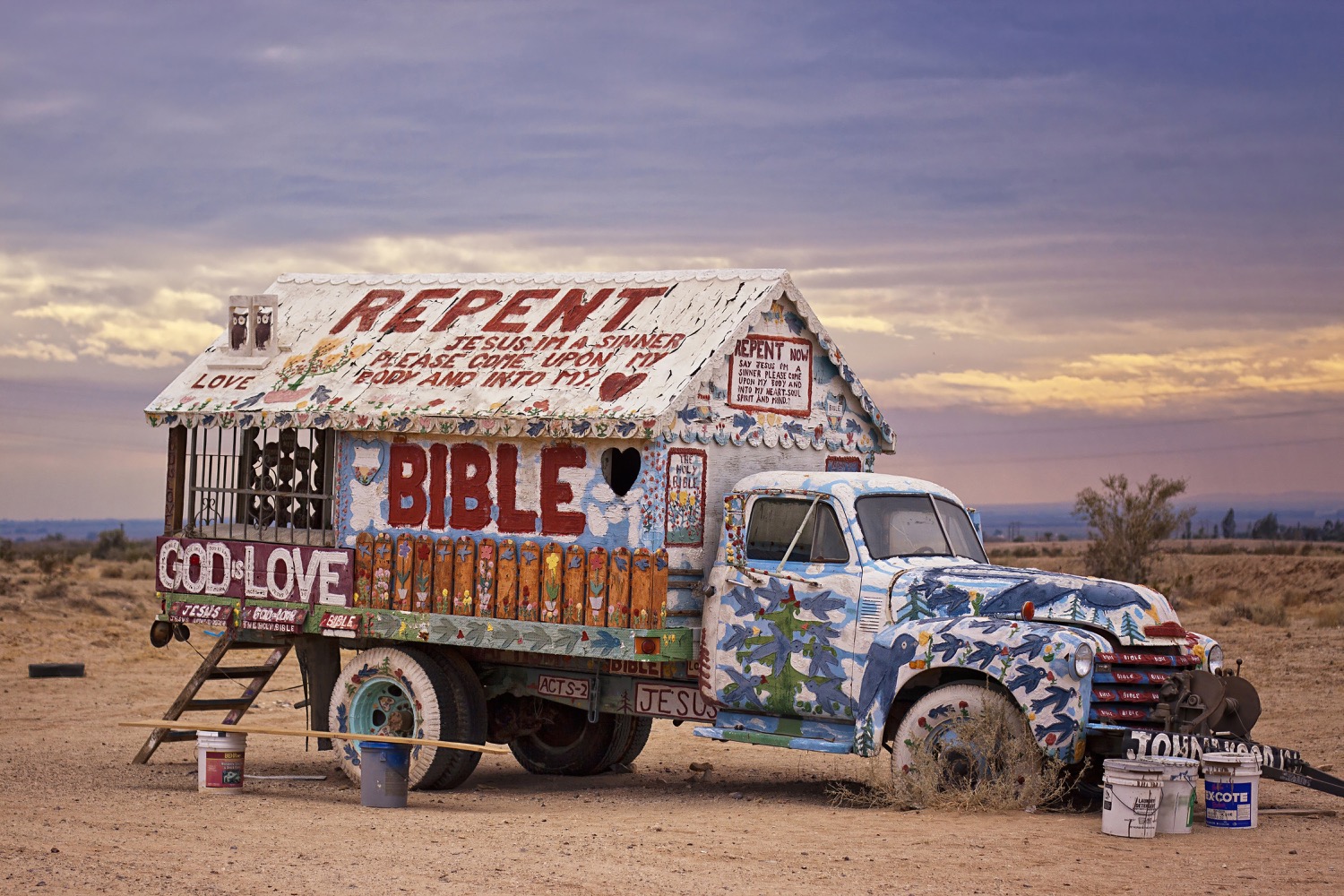
Chris Killip. A Retrospective
Chris Killip
Deutsche Börse Photography Foundation presents the exhibition “Chris Killip. A Retrospective“.
Deutsche Börse Photography Foundation

With this exhibition, the Deutsche Börse Photography Foundation honours the work of influential British photographer Chris Killip (1946-2020). Among the roughly 140 photographs on display, a particular focus lies on the time Killip spent on the Isle of Man and in the north of England. “Chris Killip. A Retrospective” is the most comprehensive presentation of his oeuvre in Germany to date.
Chris Killip poignantly documented the lives of people in the north of England, who were particularly affected by the economic shifts of the 1970s and 1980s. His portraits, landscapes and architectural photographs show both the consequences and challenges of deindustrialisation and those brought on by the political changes in the wake of Margaret Thatcher’s accession to power in 1979. Killip captured the harsh everyday lives of workers and their families in unsparing yet empathetic black and white images. They bear witness to the personal relationships he established with his protagonists over long periods. To this day, his social documentary approach continues to exert a formative influence on the visual language of subsequent generations of photographers.


Biographical information
Chris Killip was born on the Isle of Man in 1946, the son of a pub owner. By chance, he discovered photography at the age of 17 when he came across an image by Henri Cartier-Bresson in a French magazine. It touched him so deeply that he decided to drop out of his hotel apprenticeship and become a photographer. After a brief stint as a beach photographer, he moved to London in 1964 and worked as an assistant to advertising photographers for several years. His 1969 encounter with the work of Walker Evans and Paul Strand in New York inspired him to return to the Isle of Man to photograph. The resulting images, depicting the simple life within the rural communities he was closely familiar with, laid the foundation for his later work. In 1975, he moved to Newcastle in the north of England and found his central motif in that region’s communities. Killip lived in the US from 1991. He was a professor at Harvard University, where he taught from 1994 to 2017, and died in the US in October 2020.
“Chris Killip. A Retrospective” was curated by Tracy Marshall-Grant, Ken Grant and Anne-Marie Beckmann and produced in collaboration with The Photographers’ Gallery, London. The exhibition was realised with the support of the Martin Parr Foundation and the Chris Killip Photography Trust.


Exhibition programme
On the occasion of the exhibition, Arthouse Kinos Frankfurt will show the British film "Pride" (2014) on 19 March at 6.30 p.m. The screening will take place at Cinéma Kino at Hauptwache in Frankfurt, following a short introduction by Cornelia Siebert, curatorial assistant for the exhibition. The superbly cast film tells the touching and true story of the support given to striking miners in the mid-1980s in the north of England by the "Lesbians and Gays Support the Miners", a group of homosexual activists. Tickets are available at www.arthouse-kinos.de.


As part of the "Open Saturday" on 20 April 2024, curator David Campany and Anne-Marie Beckmann, curator of the exhibition, will talk about Killip's work, his influence on other photographers and the political background against which his work was created. The talk will be held in English at 2 p.m. David Campany is a British photography expert, curator, author and editor. He has issued numerous publications and essays on the history of the medium and on many artists, including Chris Killip. Campany is currently Curator at Large at the International Centre of Photography ICP in New York City.


About the Deutsche Börse Photography Foundation
The Deutsche Börse Photography Foundation is a non-profit organisation based in Frankfurt/ Main, dedicated to collecting, exhibiting and promoting contemporary photography. The Foundation is responsible for the development and presentation of the Art Collection Deutsche Börse, whose 25th anniversary it is celebrating this year. The collection now comprises over 2,300 photographic works by around 160 artists from 35 nations. The Foundation shows several public exhibitions a year in its exhibition space in Eschborn near Frankfurt am Main. It supports young artists through awards, scholarships or the annual talent programme of the Fotografiemuseum Amsterdam Foam. Together with The Photographers' Gallery in London, it awards the renowned Deutsche Börse Photography Foundation Prize every year. The Foundation also works on exhibitions with international museums and institutions, as well as creating platforms for academic dialogue and research on photography.
.svg)
.svg)
.svg)







